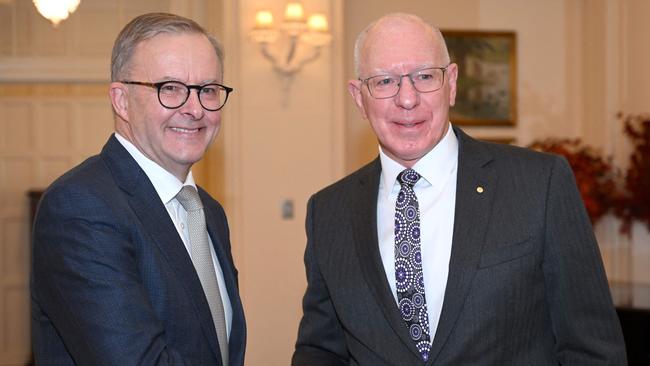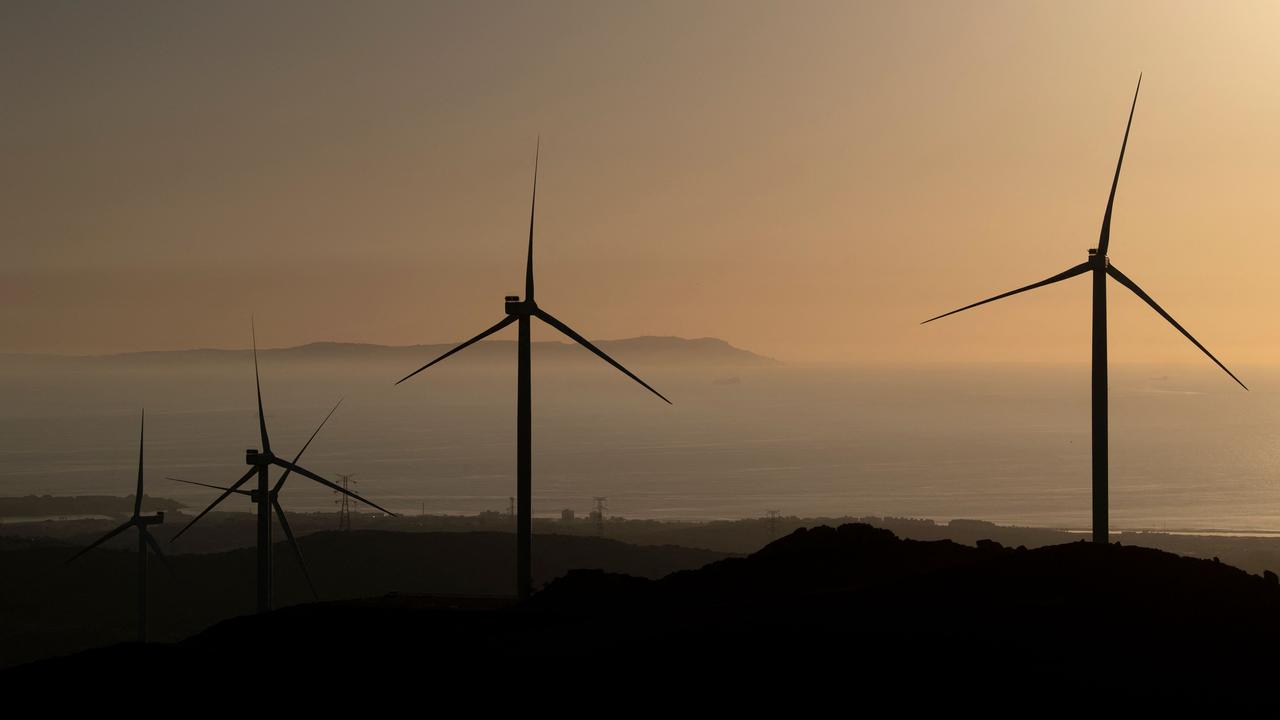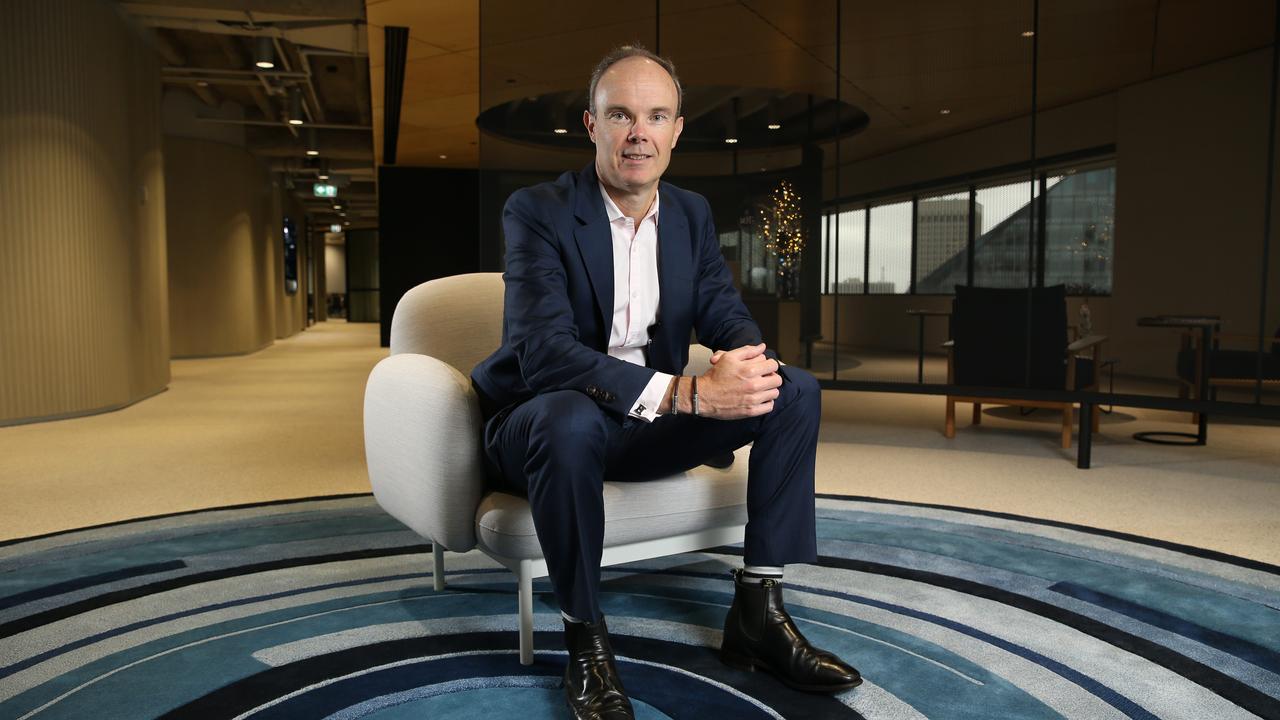Albanese goverment faces defence woes after NSW’s double-cross: Robert Gottliebsen


When Prime Minister Anthony Albanese meets with the leaders of the other Quad countries – the US, Japan and India – he will discover that all have an admiration for our radar system, which is backed by a world class and rare semiconductor design and manufacturing capacity. The US is already looking to use it.
But in the next month or two Albanese may need to confess to the world leaders that as a result of blatant national vandalism by NSW, Australia is set to destroy its capacity to make semiconductors and greatly weaken its defence capability.
Unbelievably, the NSW actions are linked to a suburban rail line and look set to deliver a huge blow to Albanese’s aim for greater manufacturing capacity in Australia.
In my view, Albanese will need to step in as a matter of national importance.
This potential national catastrophe has sailed under the radar because it is one of the strangest stories I have encountered. I ran across it because of my work on the frigate saga. The frigate’s radar needs the locally made semiconductors.
The Australian crisis actually starts a couple of decades ago when the giant Swedish packaging company, Tetra Pack, had an operation in China, and believed that the Chinese had copied part of their technology and built a similar plant.
Tetra Pak was founded in the 1940s by Ruben Rausing and is now controlled by his three grandchildren, including Finn Rausing.
Finn Rausing related the China challenge to a friend, NSW-based Rob Lobban. who told him of a replacement technology in Australia that could be patented. It would not only be superior to that used in China but could not be copied.
The Rausing family cautioned Finn about investing in Australia, given their bad experience with paper plant they built in Wagga Wagga. At that time NSW and the unions made it too hard and the Rausing family walked away.
But Finn Rausing and Lobban incorrectly believed that in NSW lightning would not strike twice and decided to proceed. A company called Silanna was established, 70 per cent owned by Finn Rausing and 30 per cent by Lobban.
Silanna purchased a property that was once owned by a former Australian radio and TV giant, AWA, which was a national brand in the 1960s. The AWA plant near the Sydney Olympic Stadium proved to be a brilliant investment, because with Finn Rausing’s financial backing the technology was greatly improved and its markets expanded, with particular emphasis on defence. It was a major Australian asset.
But remembering Wagga, Finn Rausing made sure the base technology was registered in Singapore.
Then as the 2020s approached, NSW premier Gladys Berejiklian, through her minions at “Sydney Metro”, decided that this national asset could be put to far better use as a suburban railway station on a line tracking out west.
In the initial discussion, Berejiklian’s minions worked with Silanna to determine a fair compensation and, according to the company, a figure of around $150m was agreed. Finn Rausing then undertook to fund a new $250m plant which ultimately would be funded with the $150m compensation and an extra $100m investment by Rausing to enable the establishment of an even more extensive plant.
The new facility would be a source of advanced semiconductors suitable for Defence applications – specifically gallium nitride HEMTs (high-electron-mobility transistors).
These components would provide Australian Defence with world-leading performance in key components of critical defence systems, including phased-array radar, advanced sensors and surveillance systems, secure radio frequency communications and the US space fence.
The technology had come a long way since its application to Tetra Paks. Excited by the prospects, Finn Rausing pressed the start button before the NSW money was in the bank.
A site was found at Pinkenba in Brisbane. It is now clear that the Australian plant in combination with our radar systems will be an important contribution to the Quad.
According to Forbes, Finn Rausing has a fortune valued at $US9bn, so the Australian investment is virtually petty cash, but he was proud of the achievement.
But as Berejiklian’s time in office was reaching an end, she and her metro Metro West minions had a change of mind.
The firm compensation actually put on the table was only around $40m. There is now a court case which will determine the facts and relate the final offer to the earlier talks and the law of compensation.
But irrespective of what a NSW court determines, Finn Rausing believes he has been double crossed and he no longer believes Australia is a suitable place for technology investment.
He is planning to repeat the Wagga Wagga exercise and will simply walk away despite already investing around $150m in the Brisbane project. The plant is likely to be erected somewhere else in the world, with Singapore a clear candidate.
The current NSW Premier has washed his hands of the matter, indicating that it will be up to the courts.
But the actual fate of the plant will be decided well before the courts adjudicate on whether there has been a double-cross.
For a state like NSW to first jeopardise Australia’s defence by closing a vital plant because it wanted a suburban railway station on the site and then playing games in compensation requires the strongest possible national action.
The Morrison government showered billions on NSW, far beyond its fair share. The $150m should be deducted from the NSW infrastructure bonanza and paid to the Australian company.
It will be an important test for Albanese because the new plant will be a linchpin in Australian manufacturing and our defence.





